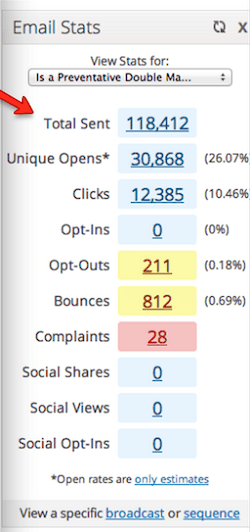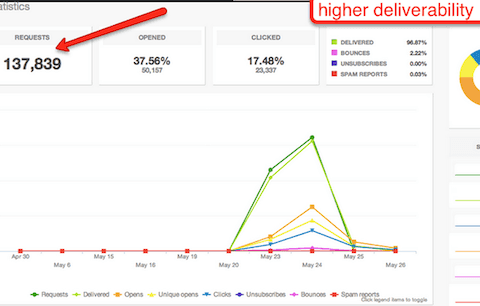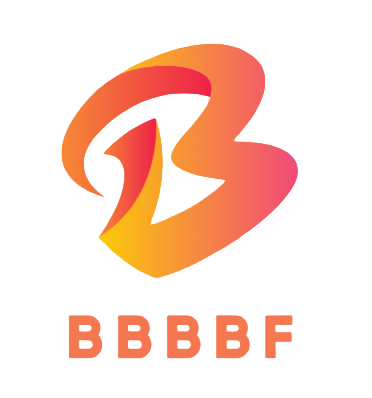
Email marketing is a great way to increase your traffic and revenue. Although it isn’t the sexiest form of marketing, it’s one of the most effective.
It’s so effective that emails account for 37% of the total revenue Quick Sprout generates.
But if your emails are being delivered to people’s spam box instead of their inbox, none of your emails are going to be read. Which means you won’t be generating much revenue, if any, from your emails.
Here’s how you can maximize your email deliverability rate:
Avoid spam words
Most people will tell you that you shouldn’t have words like sex or credit in your email copy or subject line. But there are many more words you should avoid. Also, because the words vary per industry, you can’t rely on one simple list to cover all cases.
For example, words you should avoid in the financial space would be different from the words within the ecommerce space.
Here are some words to avoid in the financial space:
- $$$
- Affordable
- Bargain
- Beneficiary
- Best price
- Big bucks
- Cash
- Compare rates
- Cost
- Credit
- Credit bureaus
- Discount
- Earn
- Easy terms
- Free
In the ecommerce space, you should avoid the following words:
- As seen on
- Buy
- Buy direct
- Buying judgments
- Clearance
- Order
- Order status
- Orders shipped by
- Shopper
If you are wondering how providers know what space you are in, some mass email software providers ask you that question before you are allowed to send out mass emails.
For a full list of words you should avoid per industry, check out this blog post by Hubspot.
Don’t forget the basics
Before I get into the more advanced ways to increase your deliverability, you should make sure you aren’t missing out on the basics. Here are basic things to keep in mind when leveraging email marketing:
- Avoid red – red is a loud color and is used a lot by spammers. It could potentially set off spam filters.
- Misleading subject lines – from blank subject lines to ones that don’t even match your copy, be careful using them because they are a big part of the spam algorithm email providers employ.
- Capital letters – avoid using all capital letters within your email or subject line.
- Don’t be too excessive with symbols – avoid using too many question marks, dollar signs and exclamation marks… especially in a row.
- Don’t link too much – from your calls to actions to links within the email, ideally you shouldn’t use more than two or three links.
- Unsubscribe links – each of your emails should contain an unsubscribe link. The harder you make it for people to unsubscribe, the more problems you will have.
- Be thorough – make sure you include a proper reply to email address and a from address so that people can get in touch with you if they have any issues.
Pick the right service provider
From Aweber to SendGrid, there are thousands of options out there when it comes to email software. Sure, some may have better features than others, but that’s only one piece of the puzzle that you should be looking at.
The thing you have to keep in mind is that some service providers have much better deliverability rates than others.
I used to think Infuisionsoft was the best solution, but I’ve had better luck by combining SendGrid with Ongage.
Here are my deliverability rates with Infusionsoft:

And here are my stats from combining SendGrid with Ongage:

As you can see from the screenshots above, I had a bigger list once I migrated to SendGrid, but my open rates were much better. I went from a 26.07% open rate to a 37.57% open rate. My click-through rate went from 10.46% to 17.48%.
Keep in mind that nothing else was changed. The email copy, the subject line and even the sequence of the emails were identical in both platforms. I was able to get better open rates by simply combing SendGrid with Ongage.
Do your research before you pick an email platform. I wish I did that before I started as I have tested one too many software solutions.
Certify your IP
When your emails go into spam, it doesn’t really affect the email address you are sending the emails from. It affects your IP. The way to ensure that your IP is clean is to get it certified.
Email providers like Yahoo have “whitelists” that make certain your emails don’t go into the spam box. It’s hard to get on these whitelists, but through services like Return Path, you can whitelist your IP address.
This one little trick, although it will cost you thousands of dollars a year, can help boost your deliverability rates by up to 40%.
Don’t forget to be logical
What do you think the number one reason people’s emails go into spam boxes? It’s not because of the spam words, a bad email list or spammy emails.
The number one reason your emails are likely to go into someone’s spam box is because you don’t use logic.
Service providers like Gmail and Yahoo Mail are sophisticated. If you keep emailing people that don’t open your emails, yet they open other people’s emails, your future emails are more likely to go to their spam boxes.
That’s right; if people don’t open your emails, they are more likely to end up in spam boxes even if the recipients don’t mark your email as spam.
For this reason you should build logic when sending emails. Most software providers offer this… Here is some of the logic I follow:
- If someone doesn’t open your email three times in a row, stop emailing him or her.
- If someone doesn’t open your email two times in a row, send them a unique email the 3rd time to help increase open rates.
- Don’t email people too often as this will more likely cause your list to get burnt out.
- Leverage double opt-ins to help ensure that you are only emailing people who want your emails.
- If an email bounces back, remove that email address from your list.
- Leverage marketing automation (the video on this page is a bit salesy, but it should give you a good understanding of what you can do with marketing automation and segmentation).

Comments (0)